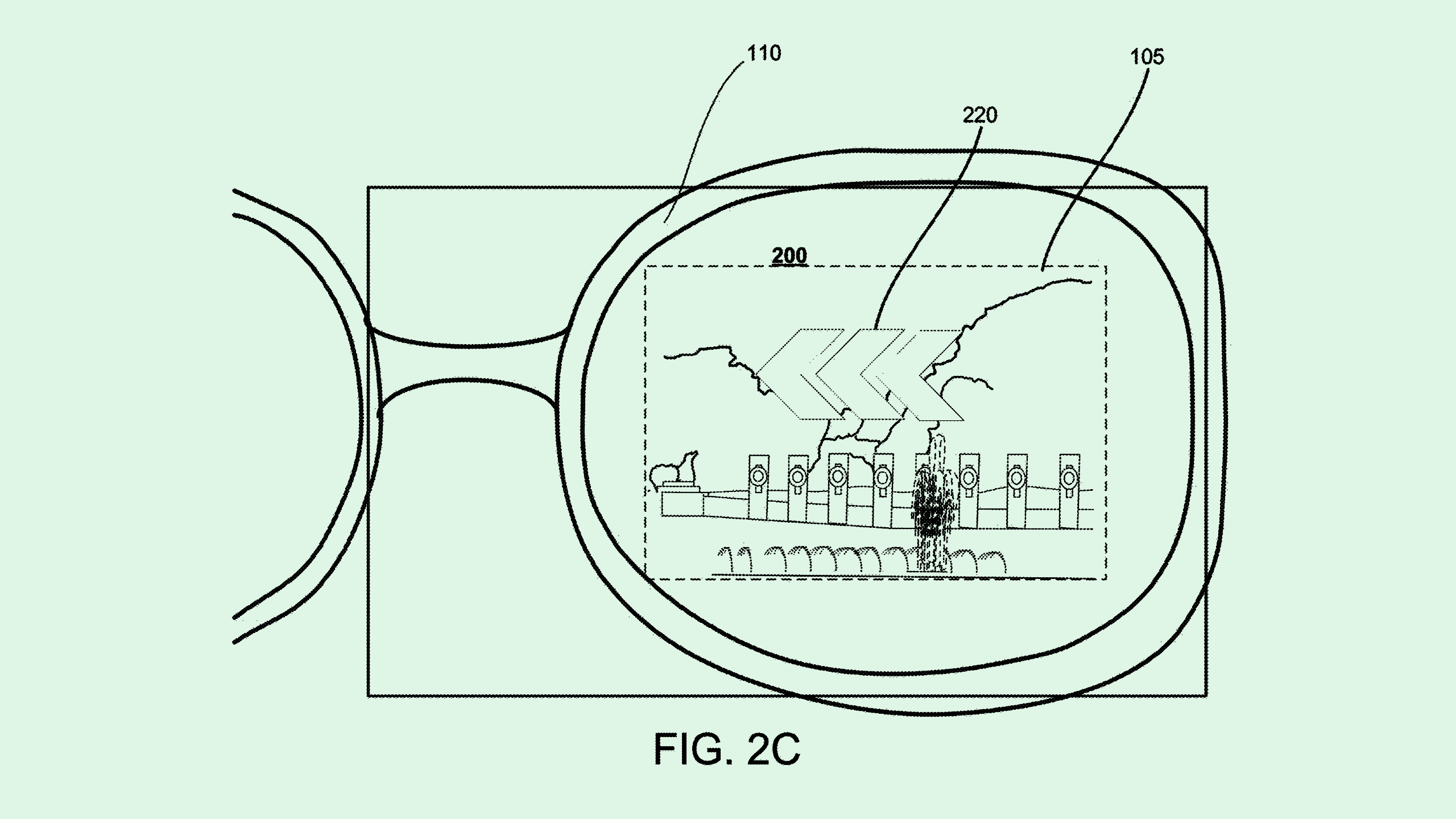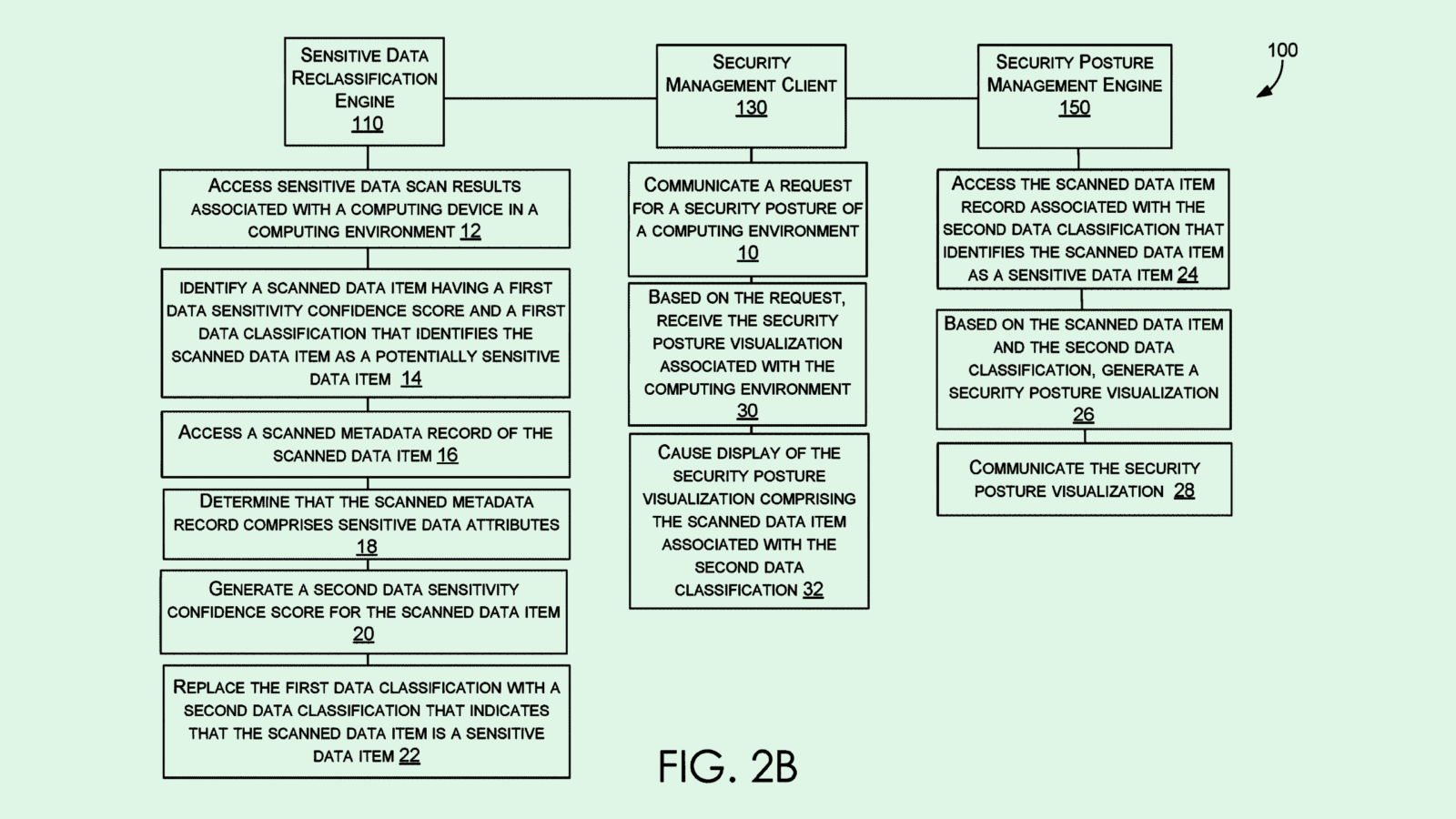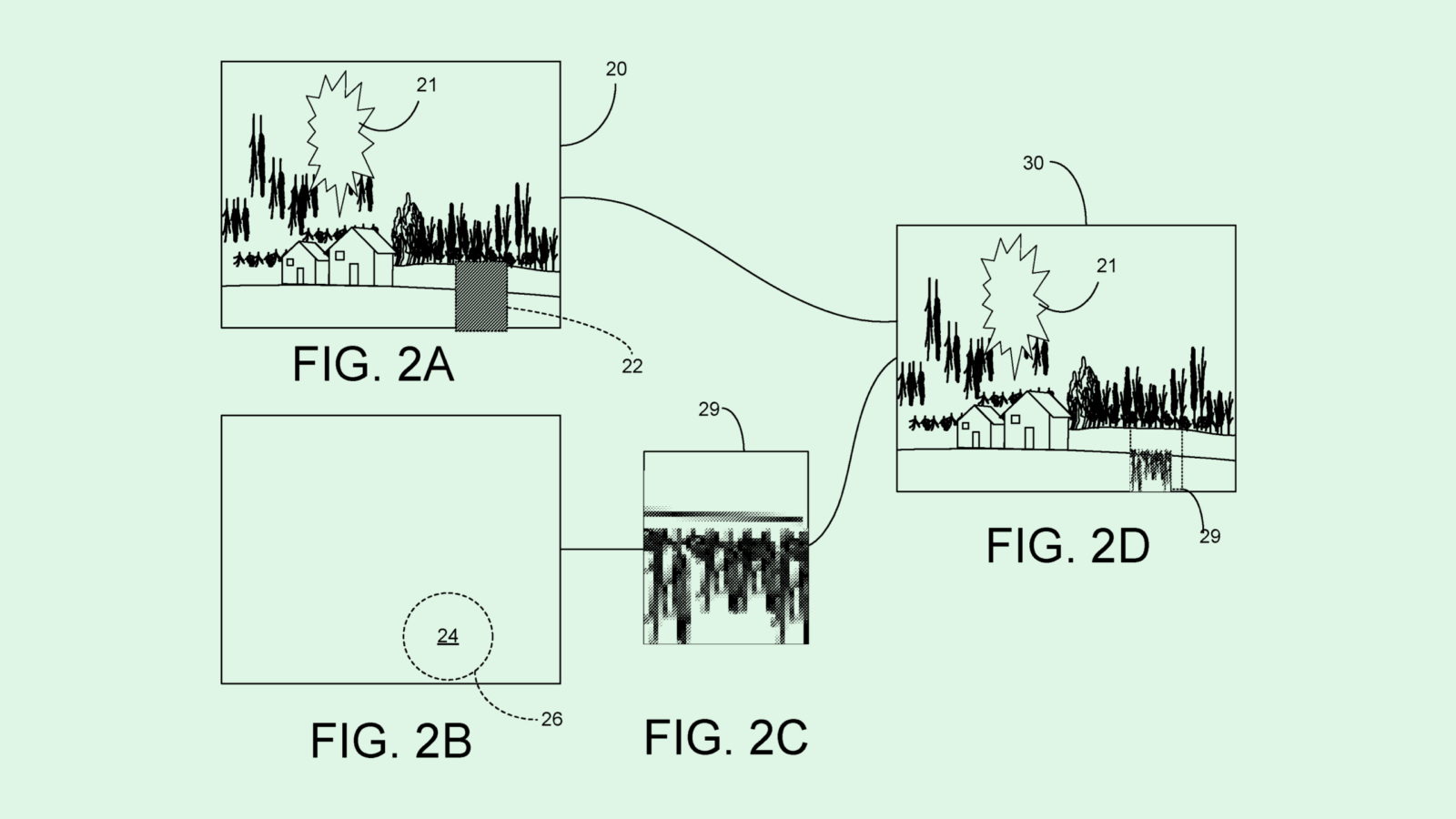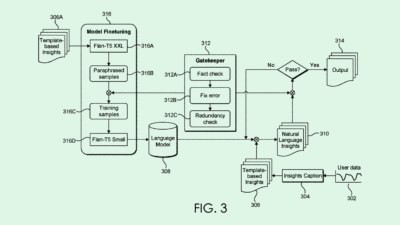Google’s AR Mapping Patent Could Unlock Low-Power Smart Glasses
While the company has been touting its AI work over the past year, it may have artificial reality plans in store.

Sign up to uncover the latest in emerging technology.
Google wants to keep your vision from getting blurry.
The company filed a patent application for “map-aided inertial odometry” in augmented reality devices using neural networks. Google’s filing describes a system that aims to make AR-based mapping more robust using two sets of “Six Degrees of Freedom” poses.
For reference, Six Degrees of Freedom refers to the directions a body can move throughout space: forward and backward, up and down, left and right, as well as the three rotational movements.
Google’s system captures two sets of these poses using different components on the glasses to better understand user orientation. After capture, these pose sets are combined to provide more accurate tracking and navigation.
For the first set of poses, the system uses map data related to the physical environment, and image data captured from the camera on the AR glasses. This gives the system an idea of the user’s position and orientation in the world around them.
The second set of poses is captured by an “inertial measurement unit,” which tracks rotational velocity and acceleration. These poses are predicted using a neural network that uses less energy than the camera, “resulting in longer battery life for the AR smartglasses,” Google said. These measurements are also helpful if the vision sensors are obscured in any way.
Google’s primary focus over the past year has been making its large language model even larger. However, several of its patents signal that it’s still interested in the tech, including tech to monitor brain waves, track hand movements, and make AR glasses less bulky.
And these inventions may be more than just research: Last week, the company announced a partnership with AR headset developer Magic Leap. The details are fuzzy, with Magic Leap’s Chief Technology Officer Julie Larson-Green telling Reuters “We’re thinking, putting our expertise and [Google’s] expertise together, there’s lots of things we could end up doing.”
The company may be seeking help from Magic Leap in the AR space after it reorganized its hardware unit back in January, axing its AR team. However, the company said at the time that it is still “deeply committed to other AR initiatives, such as AR experiences in our products, and product partnerships.”
Plus, as the tech in this patent relies on the tracking and prediction capabilities of neural networks, it may indicate that Google is taking its AI strength and applying it to AR development as firms like Meta and Apple continue to plug away at the tech.











